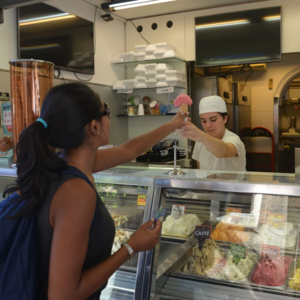With the upcoming election year and presidential debates, the topics of global warming and environmental protection are resurfacing. Thoughts on climate change can sometimes cause a rift between Democrats and Republicans, but there is one thing that transcends the elephant-donkey divide: chocolate.
To address both sides of the argument, yes it is true that global warming is a natural cycle. The earth’s climate oscillates between ice ages and warm periods without any human interference. But it is also true that the current phase of warming has a major human and CO2 emissions component.
Along with a multitude of other problems, the overall global temperature increases are putting the world’s chocolate supplies in danger, meaning the extinction of self-indulgence, and probably Valentine’s Day too.
The Problem
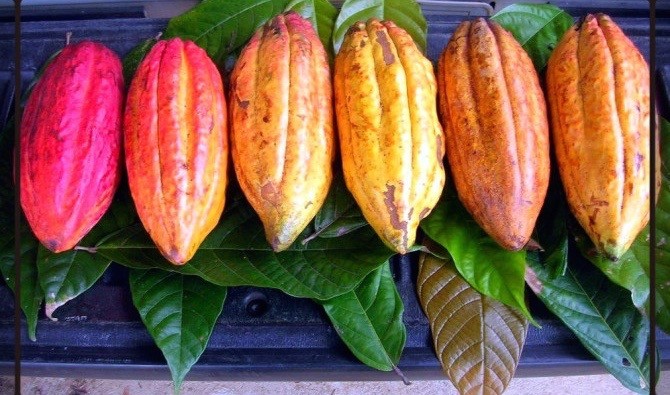
Photo courtesy of Dave G-H from flickr.com
Cocoa is the most essential ingredient for chocolate bars, truffles and syrup everywhere. It grows as pods on large trees that thrive in the hot, humid climate of West Africa. Currently, Ghana and the Ivory Coast account for 60 percent of the world’s cocoa supply. But scientists say it might not be that way for long. The amount of land suitable for growing cocoa in these regions is decreasing, which will lead to many, many problems.
Small family farmers account for more than 85 percent of the global production of cocoa. Chocolate giants like Mars and Nestle purchase their beans from these farmers, who depend on a good harvest to support their families. These small farms do not have the capacity to move to regions with better cocoa-growing weather or adjust their growing methods.
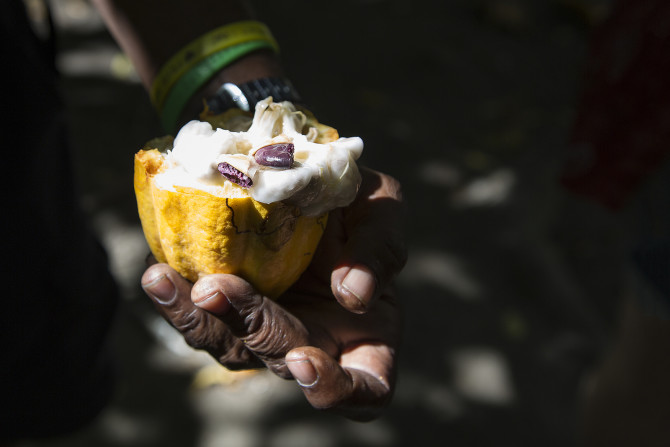
Photo courtesy of Omar from flickr.com
Therefore, when the growing gets tough and crop turnouts aren’t as high, farmers are more likely to shift to growing a more lucrative product. Global warming has a double effect: less land to grow cocoa on, and fewer farmers willing to grow it.
Not only is the chocolate supply decreasing, the world’s appetite is increasing – emerging markets like China and Brazil have developed a sweet tooth. By 2020, the world’s cocoa demand is predicted to exceed the supply by 1 million tons (roughly 21.3 billion Hershey’s chocolate bars). This means rising prices and a chocolate shortage. By 2050, it is predicted that the increased temperature in these regions will make them unsuitable for cocoa growth at all.
Solving the Problem
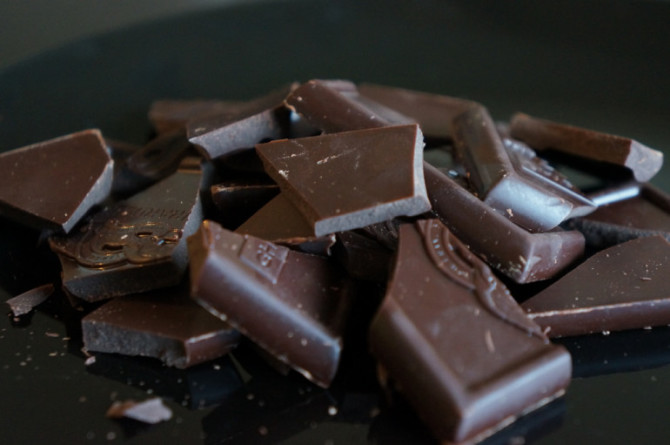
Photo by Sean Koetting
All of the above reasons have put big chocolate companies on high alert and driven them to introduce major carbon reduction policies. The Chief Sustainability Officer of Mars Inc. (think M&Ms, Snickers, Dove, etc.) announced a plan to become carbon neutral – not contributing to CO2 emissions at all – by 2040.
Mars isn’t the only company that wants change – last month, they teamed up with General Mills and other global food companies to declare climate change as a threat to the world’s food supply and to propose measures that would limit temperature increase.
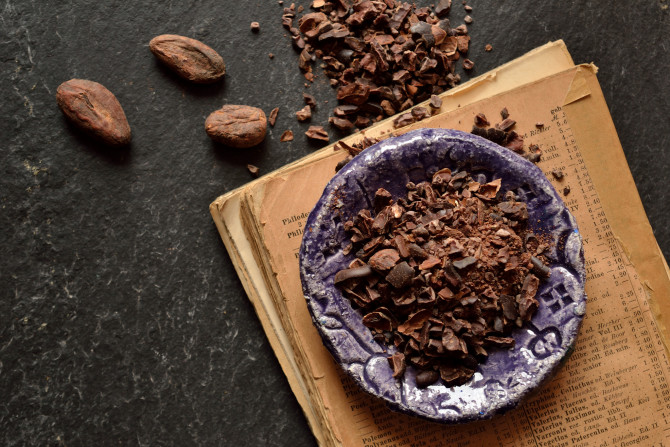
Photo courtesy of Zsuzsanna Ötvös from flickr.com
In attempts to attack the problem from two fronts, the Bill and Melinda Gates foundation are funding research on how to help farmers sustain themselves by growing cocoa and other crops more effectively in order to reduce their dependence on cocoa and increase their resilience. Doing so would both increase the economic standing of the farmers and make it more likely for them to continue growing cocoa.
Going Forward
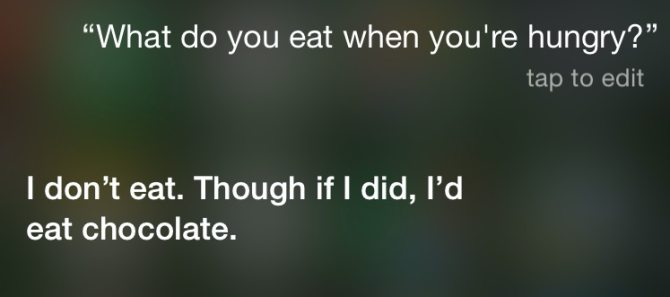
Photo by Sasha Kurumety
Chocolate isn’t the only product in danger. Beer and coffee are also feeling the effects of climate change, along with the rest of the agricultural world. It’s not possible to reverse the effects of global warming, but we can slow down their progress. By doing so, we can avoid talking about chocolate in the future as a thing of the past. Because it’s true, everybody loves chocolate.


